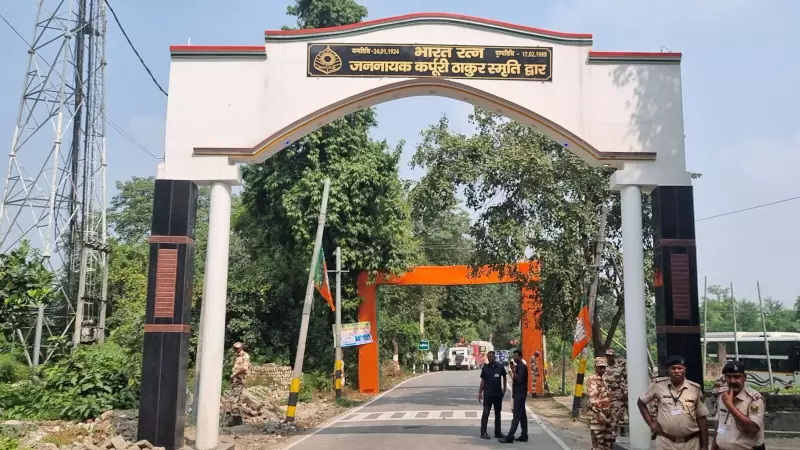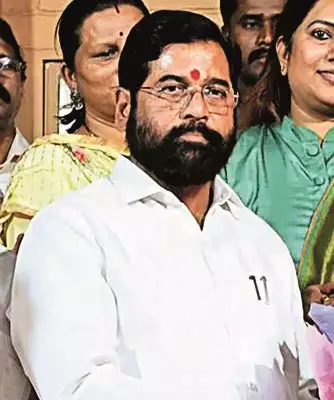
In the quiet village of Pitaunjhia, now officially renamed Karpoori Gram, the air is thick with political anticipation and historical significance. As Bihar prepares for crucial assembly elections next week, the legacy of socialist icon Karpoori Thakur, affectionately known as "Jan Nayak" (People's Leader), continues to cast a long shadow over the electoral landscape.
The Living Memory of a Socialist Icon
The modest brick house where Thakur was born stands as a silent testament to his enduring influence. Local residents, many of whom remember the former chief minister personally, speak of his simplicity and commitment to social justice with reverent pride. "He may have passed away decades ago, but his spirit guides our political choices even today," says Ramdev Thakur, a village elder.
Political Battle Over Legacy
The timing of the Bharatiya Janata Party's strategic push to celebrate Thakur's legacy through his recent Bharat Ratna award has not gone unnoticed in his ancestral village. Many see this as a calculated move to appeal to Other Backward Classes (OBC) voters who form the backbone of Bihar's electorate.
Meanwhile, opposition parties, particularly the Rashtriya Janata Dal, continue to position themselves as the true inheritors of Thakur's socialist vision. This creates a fascinating dynamic where multiple political forces are competing to claim ownership of the same legacy.
Ground Realities vs Political Rhetoric
Despite the political appropriation of Thakur's name, villagers point to persistent challenges. While basic infrastructure has improved, issues of employment, education, and healthcare remain pressing concerns. "The politicians remember Karpoori ji only during elections," notes local teacher Sunita Devi. "What we need is sustained development that honors his vision for the marginalized."
The Electoral Significance
Political analysts suggest that how voters in this region and across Bihar respond to these competing narratives could significantly impact election outcomes. The ability to connect with Thakur's legacy while addressing contemporary concerns represents the delicate balancing act that all political parties must perform.
As campaign vehicles crisscross the rural roads of Samastipur district, and political flags flutter in the autumn breeze, one thing remains clear: Karpoori Thakur's vision continues to shape political discourse in Bihar, proving that true legacy transcends generations and electoral cycles.






